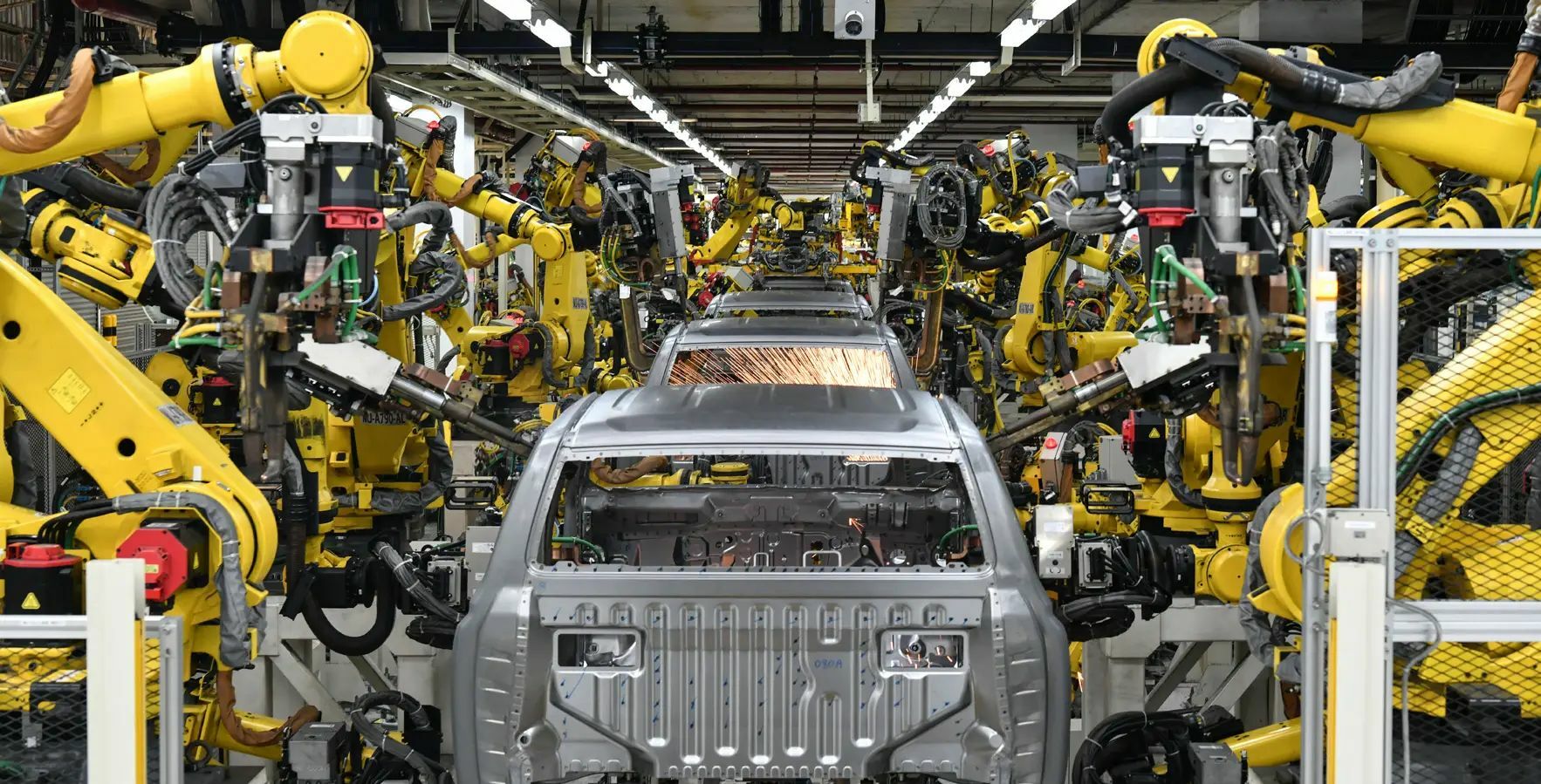Thailand’s manufacturing index poised for growth after 2024 dip

Thailand’s Manufacturing Production Index (MPI) is set to see a turnaround next year, with expectations of a 1.5 to 2.5% growth. This forecast comes as a recovery from the anticipated 1.6% contraction in 2024, largely attributed to weak consumer purchasing power and high household debt, as reported by the Office of Industrial Economics (OIE).
OIE Director General Passakorn Chairat expressed optimism regarding the MPI’s future, citing factors such as the steady growth of tourism, increased investment, and expanded free trade agreements as key drivers for the country’s export boost.
“We believe these factors will increase the MPI and GDP in the industrial sector next year.”
The current year has seen the MPI projected to shrink by 1.6%, with the GDP growth in the industrial sector anticipated to be -1%. In October, the MPI continued its downward trend, decreasing by 0.91% year-on-year to 93.4 points. The country’s capacity utilisation rate stood at 57.7%.
Passakorn noted that Thailand faced challenges with imports of cheap products from foreign nations.
“In addition to weak purchasing power and household debt problems, Thailand also faced an influx of cheap products from foreign countries.”
Foreign goods
This influx of low-cost foreign goods has impacted local manufacturers, as consumers opted for cheaper imported items over domestically produced ones.
Passakonr remarked that the automotive sector in Thailand reflects this economic strain, with domestic car sales remaining sluggish. Financial institutions have been cautious, enforcing strict lending criteria for car loans due to concerns over non-performing loans.
“Car manufacturing in Thailand has decreased for 15 consecutive months.”
In October, car production experienced a significant year-on-year decline of 22.1%, particularly in the small passenger car and pickup categories. This was due to banks’ stringent auto loan requirements. Additionally, car exports slowed down due to reduced purchase orders from international trading partners.
Industrial agencies are keeping a close watch on the sector as the year progresses, noting a continuous decline in new commercial car registrations.
Similarly, the real estate sector is experiencing a downturn, with a drop in the number of new houses being built.
US tariffs
Passakorn also highlighted concerns about a potential economic slowdown in Europe and Japan, influenced by new trade tariffs proposed by US President Donald Trump.
Meanwhile, Industry Minister Akanat Promphan has been actively engaging with executives from Japanese car companies to discuss their investment strategies in Thailand. This engagement was part of a three-day investment roadshow in Japan, which concluded yesterday, November 27.
Looking ahead, Akanat expressed hope for an improvement in the automotive industry next year, supported by new government measures aimed at boosting the economy, reported Bangkok Post.
“We are trying to solve difficulties in accessing car loans, which affects manufacturing and the auto parts business.”
Latest Thailand News
Follow The Thaiger on Google News:


























